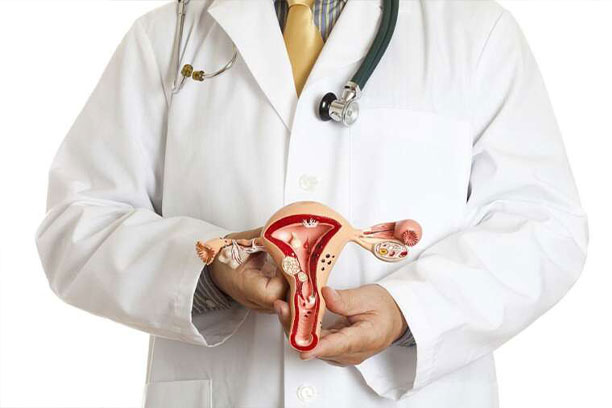
To answer the first question, uterine fibroids are basically soft-tissue tumours that develop along the wall of the uterus. The origin of these fibroids is generally attributed to genetic factors – so a woman whose mother or sister has had uterine fibroids may have a higher chance of having them develop in her own uterus. Due to the genetic predisposition factor, we have observed that women from Africa and South-east Asia have a higher chance of developing uterine fibroids. Some other contributing factors include obesity, having the first child at later than 35 years of age or not having children at all – which may lead to high estrogen exposure in the body. This in turn stimulates uterine muscle growth and increases the risk of developing uterine fibroids.
Should you be worried if your doctor detects the presence of uterine fibroids? Not at all. Nintey-nine per cent of the time, these tumours are benign and do not develop into a cancerous form. In many cases, when they are very small, the doctor may advise the woman to not do anything at all. If they are bigger (more than 12 to 14 cm) and (depending on their position) lead to symptoms such as difficulty in passing urine and pressure in the anal region, adversely affect a woman’s fertility, and/or cause pain and excessive bleeding during menstruation, then the doctor might recommend removing them.
Removal of uterine fibroids is usually done through laparoscopy (key-hole surgery), and the person will be able to get back to their usual routine within a day. If the tumours are very big, the surgery may take longer and a bit of rest may be advised but there will be no other issues. For women who are over the age of 50, the doctor may suggest going in for a hysterectomy (i.e. removing the uterus) to ensure that all traces of uterine fibroids are removed effectively.
A question we are often asked is whether there are non-surgical methods of treating uterine fibroids. In the past, we did depend on ultrasonic treatment and use of medicines to reduce the size of the tumour, but the fibroid would often grow back after the treatment was stopped, so we recommend laparoscopy as a more effective solution.
As with all health matters, the best course of action is get regular check-ups – that way, we can address any issues that arise at an early stage to ensure your well-being in the long run.